Ceramic crowns for teeth

specialists

equipment

treatment
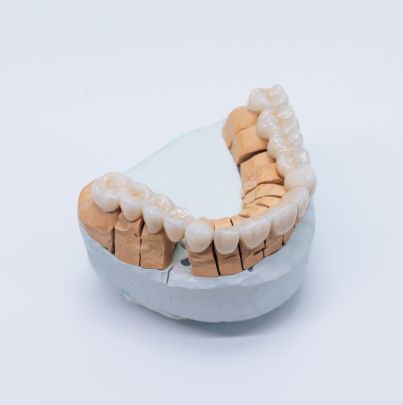
Indications for the use of ceramic crowns
- Loss of one or more teeth
- Extensive damage to the tooth structure
- Enamel hypoplasia (poor development or absence of enamel coating)
- The presence of chips, cracks and fractures in the teeth
- Distortion of the shape of the teeth requiring correction
Why do you need a sinus lift?
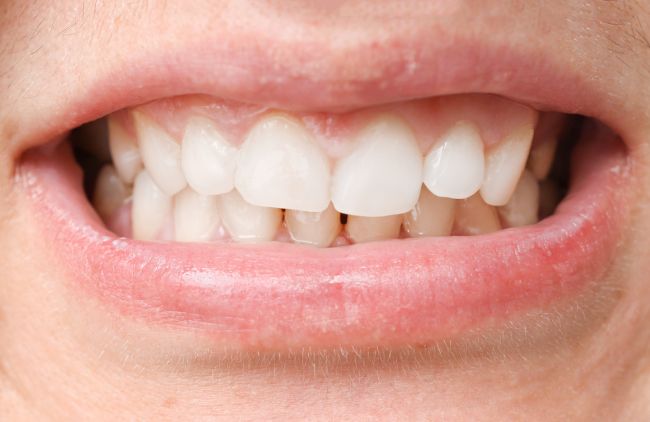
Before installing dental crowns, the doctor carefully analyzes the condition of the patient’s oral cavity. If the client has contraindications to the installation of crowns, the doctor looks for alternative treatment methods and carries out mandatory sanitation of the oral cavity.
It is prohibited to install crowns in the following cases:
- Presence of bite problems that require correction
- Preserved pulp in children and adolescents, which can cause problems in the future
- Pathological abrasion of hard tooth tissue
- Active periodontal inflammation associated with infection
Dentists also stipulate additional contraindications to the installation of ceramic crowns. Such limitations include low clinical height of a natural tooth or deep bite.
Cons of ceramic crowns
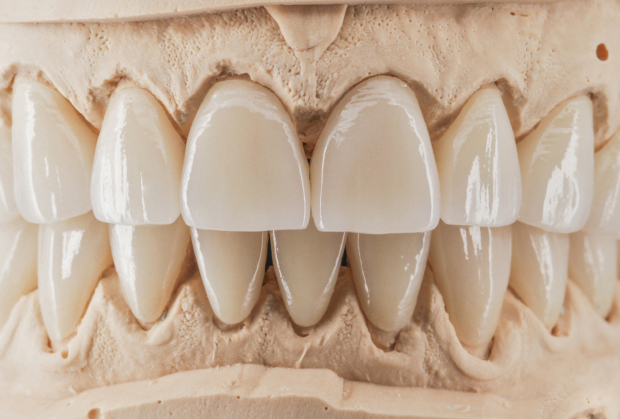
The main disadvantage of the structures is considered to be insufficient strength in comparison with metal analogues. It is for this reason that they are often used for the restoration of anterior teeth.
Other disadvantages include:
- The need to grind teeth before installation
- Risk of tooth destruction under the crown due to untreated root canals, caries or pulp burn during preparation
Also, the cost of ceramic crowns is quite high, which is a significant disadvantage for many patients.
Advantages of ceramic crowns
Ceramic crowns are highly compatible with body tissues, which minimizes the risk of allergic reactions. Their use does not cause rejection or discomfort.
The absence of metal elements eliminates the risk of gum inflammation and damage to soft tissue.
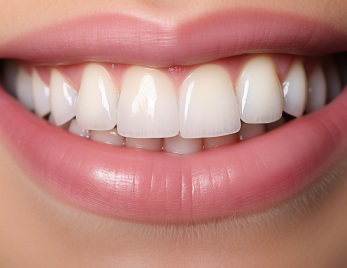
Other benefits of ceramic teeth include:
- Strength They are able to withstand heavy loads, which makes them the optimal solution for restoring chewing teeth
- Oxidative stability Ceramics are not subject to oxidation, which allows you to maintain healthy gum color even with long-term use
- Aesthetics Due to their transparency and color, crowns look like natural teeth
- Lightness of design Allows you to create both individual crowns and bridges without overloading the jaw
- Perfect fit They are manufactured to precisely match the shape of the tooth, ensuring comfort and durability
- Hygiene The surface is stain and plaque resistant, making it easy to clean and maintain hygiene
General information about the procedure for making and installing ceramic crowns
Answers to popular questions
What is the difference between ceramic and metal-ceramic crowns?
How long will a ceramic crown last?
How to care for ceramic crowns?
What is the approximate cost of installing ceramic crowns?
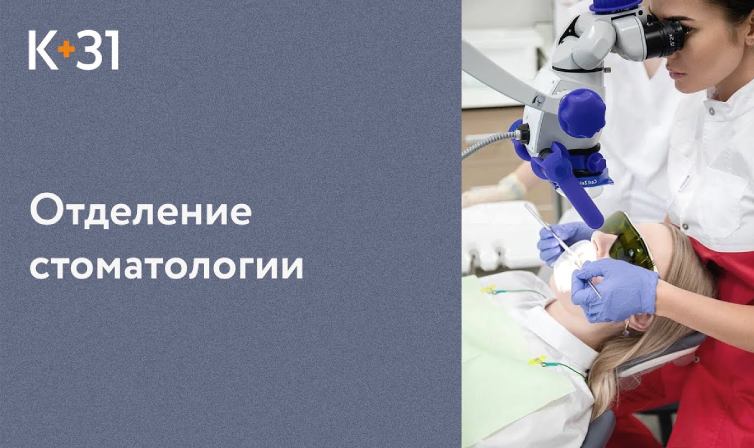
Modern methods of diagnostics and dental treatment at "K+31"
Our doctors

This award is given to clinics with the highest ratings according to user ratings, a large number of requests from this site, and in the absence of critical violations.

This award is given to clinics with the highest ratings according to user ratings. It means that the place is known, loved, and definitely worth visiting.

The ProDoctors portal collected 500 thousand reviews, compiled a rating of doctors based on them and awarded the best. We are proud that our doctors are among those awarded.
Make an appointment at a convenient time on the nearest date
Price
Other Services

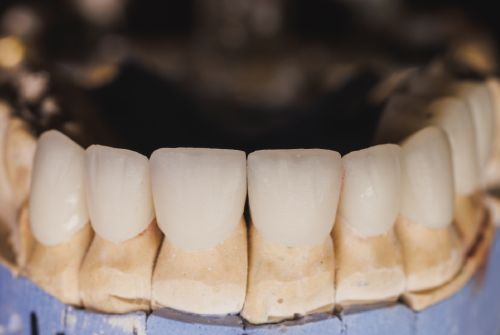
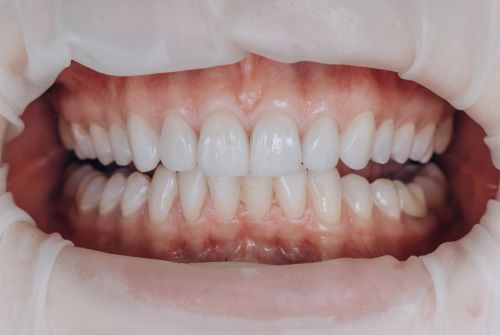
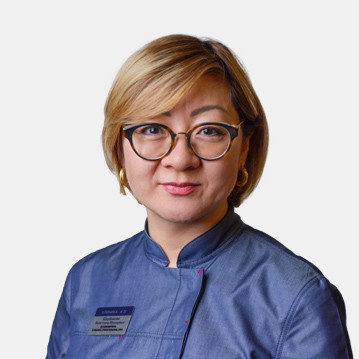
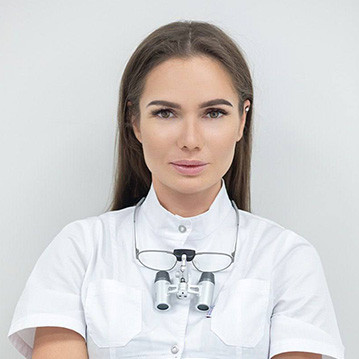
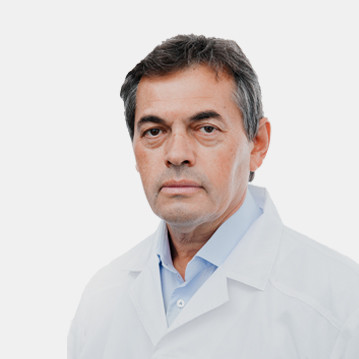
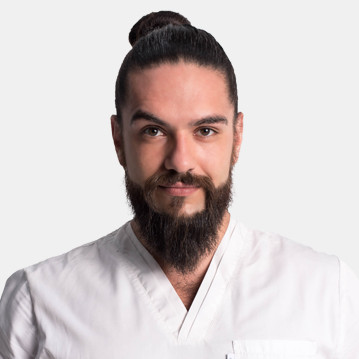
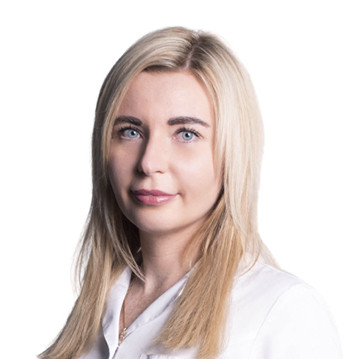
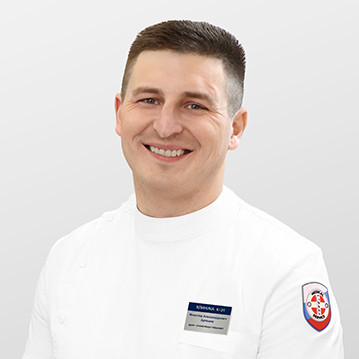
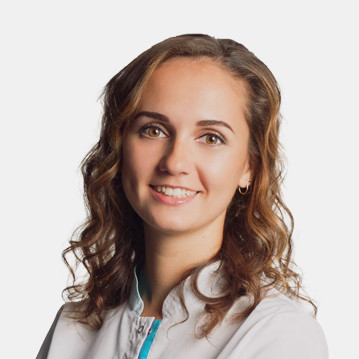
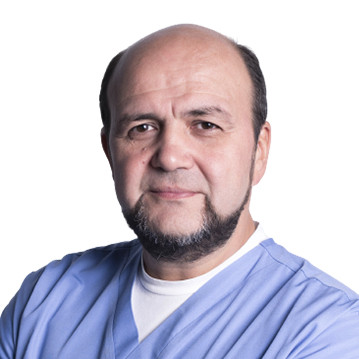

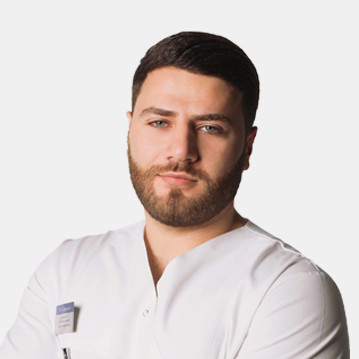

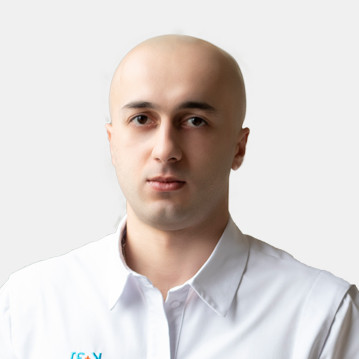
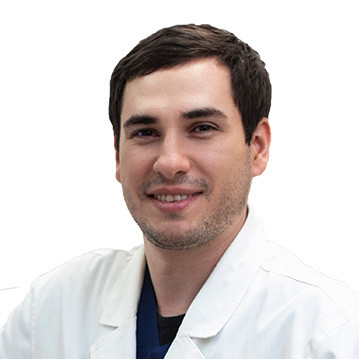
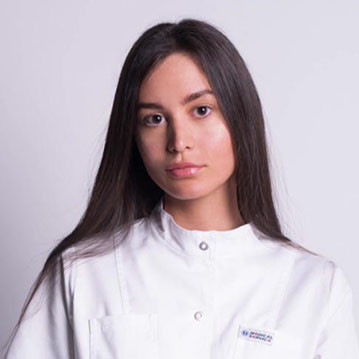
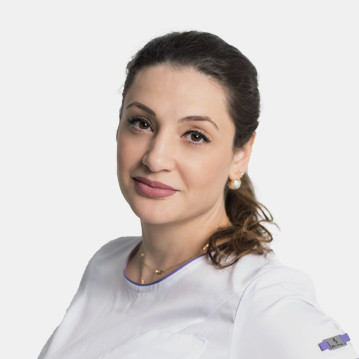
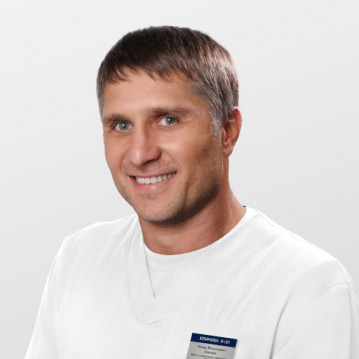
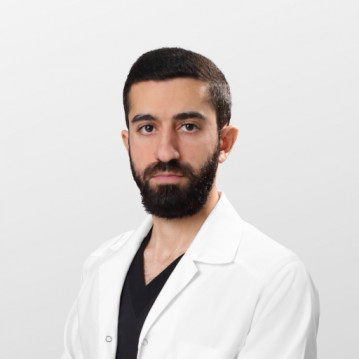


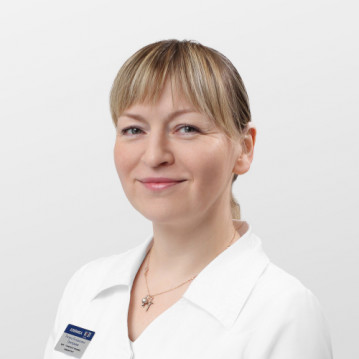
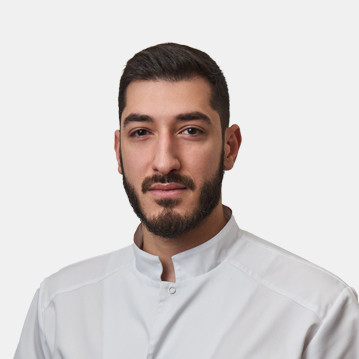


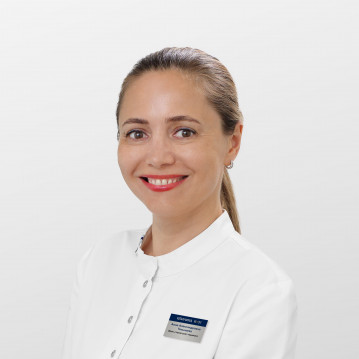
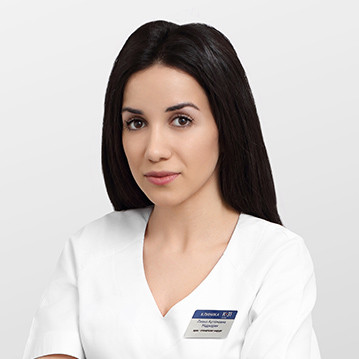
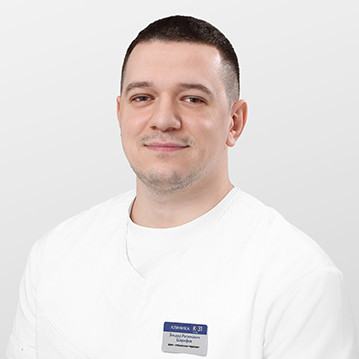
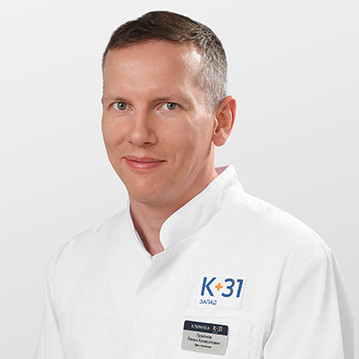


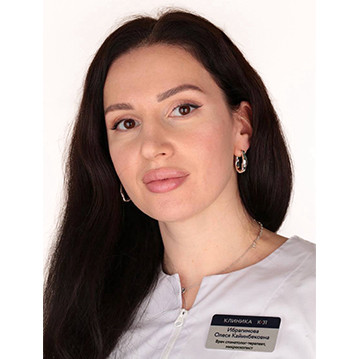
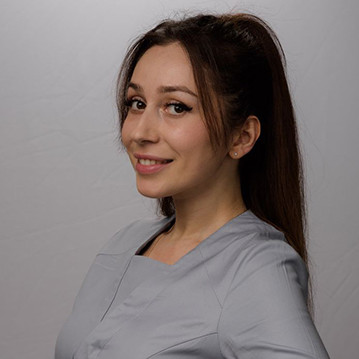


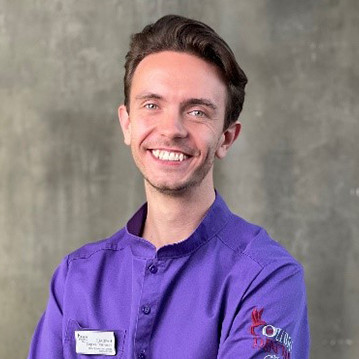
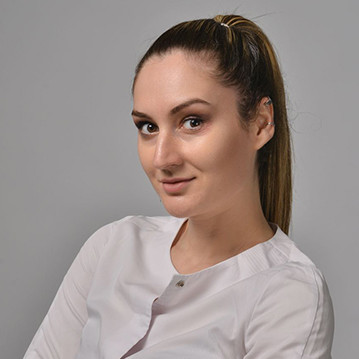

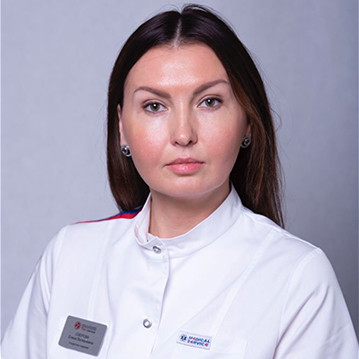

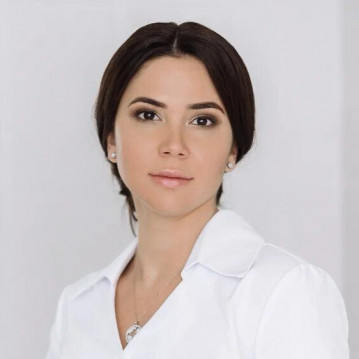







Types of ceramic crowns
Depending on the materials used, crowns are of the following types:
Each of these types of crowns has its own characteristics and advantages. When choosing designs, the doctor takes into account the clinical picture, preferences and financial capabilities of the patient.